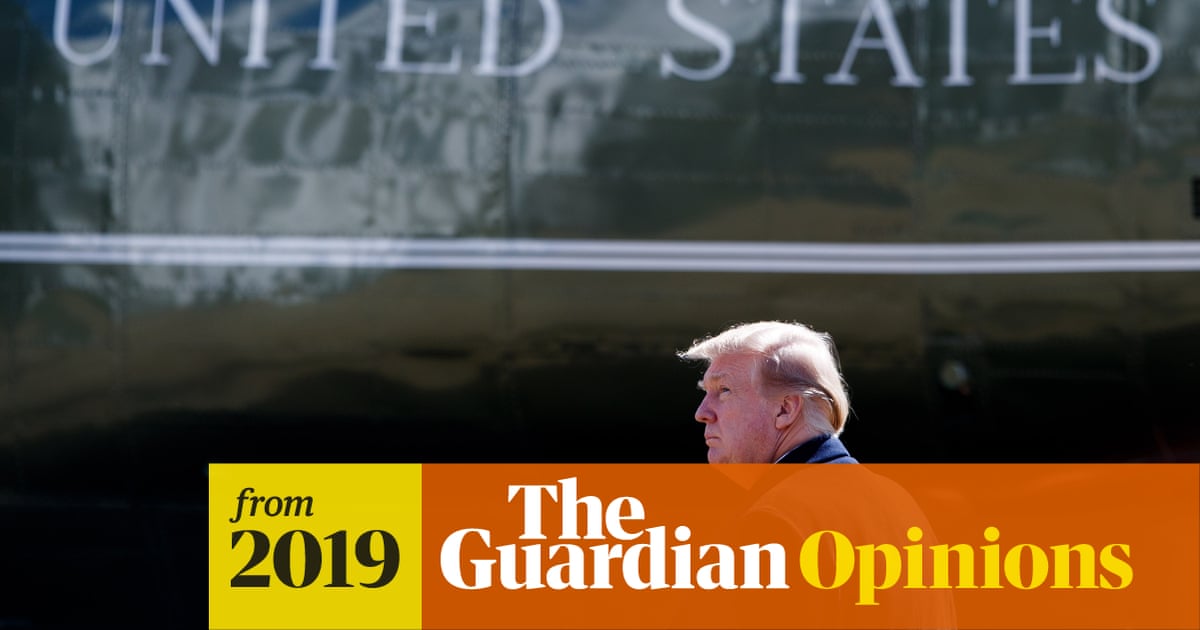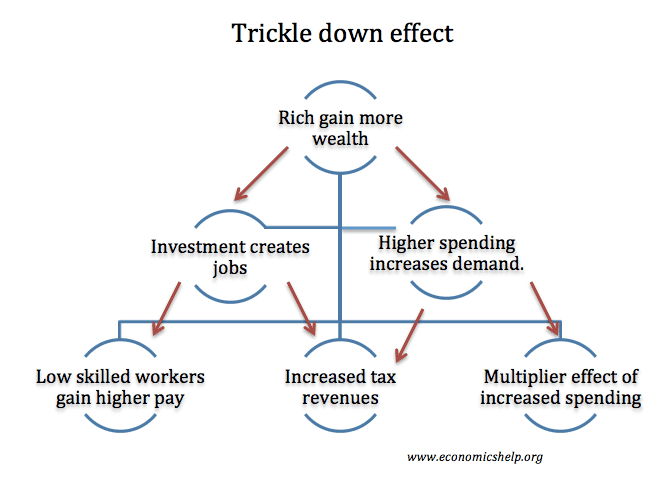In the conservative mind, socialism means getting something for doing nothing. That pretty much describes the $21bn saved by the nation’s largest banks last year thanks to Trump’s tax cuts, some of which went into massive bonuses for bank executives. On the other hand, more than 4,000 lower-level bank employees got a big dose of harsh capitalism. They lost their jobs.
Banks that are too big to fail – courtesy of the 2008 bank bailout – enjoy a hidden subsidy of some $83bn a year, because creditors facing less risk accept lower interest on deposits and loans. Last year, Wall Street’s bonus pool was $31.4bn. Take away the hidden subsidy and the bonus pool disappears.
Trump and his appointees at the Federal Reserve are easing bank requirements put in place after the bailout. They’ll make sure the biggest banks remain too big to fail.
Trump is promoting socialism for the rich and harsh capitalism for everyone else in other ways. GM has got more than $600m in federal contracts, plus $500m in tax breaks. Some of this has gone into the pockets of GM executives. Chairman and CEO Mary Barra raked in almost $22m in total compensation in 2017 alone.

 www.theguardian.com
www.theguardian.com
Banks that are too big to fail – courtesy of the 2008 bank bailout – enjoy a hidden subsidy of some $83bn a year, because creditors facing less risk accept lower interest on deposits and loans. Last year, Wall Street’s bonus pool was $31.4bn. Take away the hidden subsidy and the bonus pool disappears.
Trump and his appointees at the Federal Reserve are easing bank requirements put in place after the bailout. They’ll make sure the biggest banks remain too big to fail.
Trump is promoting socialism for the rich and harsh capitalism for everyone else in other ways. GM has got more than $600m in federal contracts, plus $500m in tax breaks. Some of this has gone into the pockets of GM executives. Chairman and CEO Mary Barra raked in almost $22m in total compensation in 2017 alone.

Trump offers socialism for the rich, capitalism for everyone else | Robert Reich
It’s the wealthiest Americans who are getting something for nothing, writes Robert Reich, a former US secretary of labor



:max_bytes(150000):strip_icc()/trickledowntheory.aspfinal-2a96d1c678d24fdda762107d60dbaa3c.jpg)
:max_bytes(150000):strip_icc()/shoppers-homeless-56a9a7695f9b58b7d0fdb3ee.jpg)